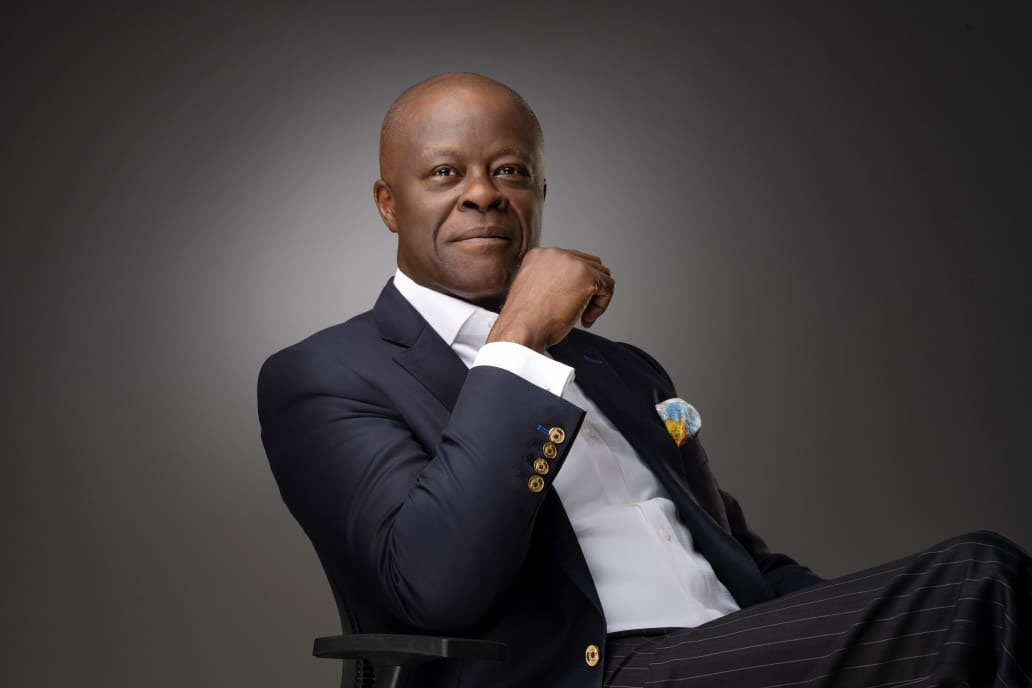New Agency for Equipment Leasing Unveiled by Federal Government on Tuesday
The Federal Government is set to introduce a new agency for equipment leasing, aiming to promote this financing option and its impact on the Nigerian economy.
Promoting Equipment Leasing for Economic Growth.

The Federal Government is preparing to officially introduce the Equipment Leasing Registration Authority (ELRA) on November 7, 2023, in Abuja, the Federal Capital Territory (FCT). This momentous event, to be performed by the Minister of Finance and Coordinating Minister of the Economy, Mr. Wale Edun, is expected to position ELRA as a pivotal enabler of two key objectives within President Bola Tinubu's 8-point agenda: "Access to Capital and Job Creation."

ELRA's Board was inaugurated in May 2023 following the establishment of the Authority, as stipulated in Section 8 of the Equipment Leasing Act, 2015. The board comprises 11 members, including Executive Chairman Engr. Saidu Njidda, Registrar/Secretary Barr. Bassey Imoh, and representatives from various government bodies and the Equipment Leasing Association of Nigeria, the organization that sponsored the establishment Bill.
The implementation of the Equipment Leasing Act, which presents a viable alternative to traditional bank loans, is expected to usher in a new era of enhanced revenue generation. Globally, the equipment leasing industry has the potential to generate an estimated total volume of $1.5 trillion, representing 20% of total investment in equipment and contributing around 1.5% to Gross Domestic Product (GDP).
Engr. Njidda, the Chairman of ELRA's Board, emphasized the importance of equipment leasing as an alternative and significant source of finance for capital assets, contributing to capital formation in various economies worldwide. Notable players in the leasing industry in Africa, such as South Africa, Morocco, and Nigeria, are ranked among the top 50 leasing countries globally, with other nations like Ghana, Rwanda, Egypt, Kenya, Tunisia, and Angola also playing significant roles.
In Nigeria, leasing has made a substantial contribution to the country's GDP over the last decade, amounting to over ₦14.3 trillion. This financing option remains highly relevant, especially in situations where access to finance is challenging, particularly for Micro, Small, and Medium-Scale Enterprises (MSMEs).
Despite its significance, the penetration rate of leasing in Nigeria is still relatively low, standing at less than one percent compared to the potential of the Nigerian economy. In contrast, developed economies like Europe and America have penetration rates as high as 28 percent.
Engr. Njidda highlighted the various players in the leasing industry, including lessors, lessees, suppliers, financiers, leasing brokers, lease professionals, and the government. Each of these entities plays a crucial role in stabilizing and supporting a healthy leasing industry ecosystem, which ELRA aims to regulate with government support.
Major challenges in leasing penetration include the limited inflow of Direct Foreign Investment (DFI) in the leasing industry and lessor apathy toward certain leasing categories. These issues are attributed to the absence of government support through regulatory frameworks and financial intervention to grow the sector and enhance its contribution to Nigeria's GDP.
Engr. Njidda expressed optimism that the ELRA Act's passage and the Authority's full operation will identify and address fraudulent and unscrupulous practices, ultimately bridging the gap and advancing the equipment leasing sector to a developed status. This will be achieved through the introduction of appropriate policies, guidelines, and standing orders that will shape and sanitize the industry.



